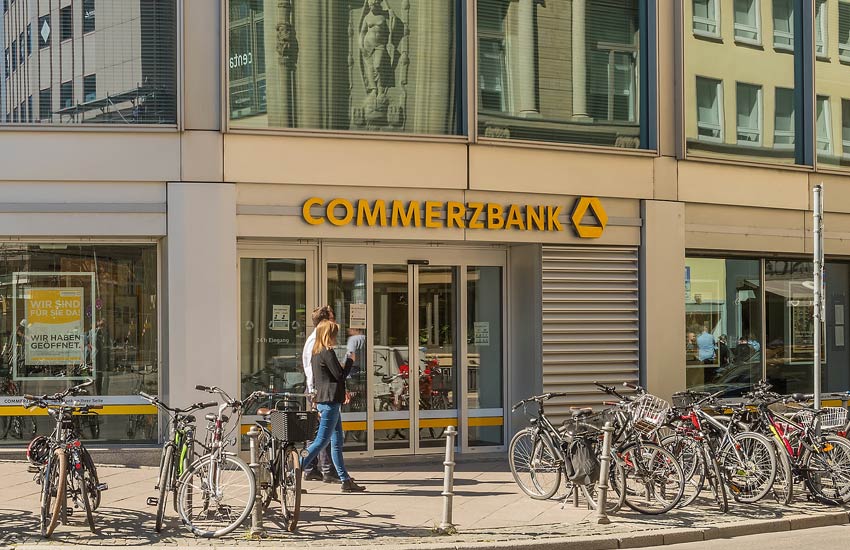Today Commerzbank announced it was involved in a joint blockchain project with chemical firms BASF and Evonik, who frequently trade with each other. Supply chain payments were verified, paid and logged in a fully automated manner using smart contracts. In other words, it used programmable money or cash on ledger. At a legal level, the digital cash was e-money.
Looking into the future, one can envisage an automated production line and inventory process where a program or smart contract sees that levels of some input are low and automatically orders the materials from a supplier. When the materials arrive, the production system logs the new inventories, and as soon as the quality is checked, a smart contract can trigger a payment using cash on ledger. Given that supply chain payment terms aren’t usually instant, the supplier is likely to have opted for immediate payment. Hence, the bank will take a small cut of the money as a financing charge for the early payment.
“The payment process via blockchain and by means of programmable money along our existing process chains is definitely more transparent, quicker and more reliable,” said Heinz-Günter Lux, Senior Digital Strategist at Evonik Digital. “It is an important building block towards the development of fully autonomous supply chains.”
The pilot project was in a live environment and the relevant data was transmitted to the Commerzbank blockchain with the help of supply chain integrator Elemica. A tamper-proof record of the business process and data was registered on the blockchain to trigger the automated payment.
“Programmable money has enormous potential to further digitalise supply chains,” said Carsten Bittner, Commerzbank Divisional Board Member. “Commerzbank has once again taken a significant step forward in the use of blockchain-based payment solutions building on our existing work in this exciting area of future financing.”
The partners plan to expand the project and incorporate additional supply chain partners.
While programmable money is the holy grail of payments, the challenge is that all parties have to use Commerzbank’s e-money or cash on ledger. And they may not all use Commerzbank.
The German Banking Industry Committee (DK) recently published a paper calling for a standard for token-based bank money, ideally from the European Central Bank. If such standards existed, it would be possible to make different bank tokens interoperable.
Commerzbank uses R3’s Corda enterprise blockchain. In 2019 it ran tokenized cash trials for machine-to-machine payments with Daimler and repo transactions with the Deutsche Börse. The bank has extensive blockchain interests, including its membership of the Marco Polo trade finance network and Fnality, the interbank blockchain payments infrastructure. It also recently participated in the blockchain trigger payment trial with the Bundesbank for securities settlement.






